Collagen is a vital protein that serves as a primary structural component in various tissues throughout the human body. It is the most abundant protein, accounting for approximately 30% of the total protein content. Collagen fibers provide strength, elasticity, and support to the skin, bones, muscles, tendons, and ligaments, making it essential for overall health and physical structure. There are at least 28 types of collagen, with Type I, Type II, and Type III being the most prevalent. Type I collagen, which is predominantly found in skin, tendons, and bones, provides tensile strength. Type II collagen is primarily located in cartilage, playing a crucial role in joint health and function. Type III collagen is often found alongside Type I in skin and blood vessels, contributing to the elasticity and firmness of these structures.
Allhealth Collagen
$14.99
Descripción
What is Collagen and Why is it Important?
Collagen is a vital protein that serves as a primary structural component in various tissues throughout the human body. It is the most abundant protein, accounting for approximately 30% of the total protein content. Collagen fibers provide strength, elasticity, and support to the skin, bones, muscles, tendons, and ligaments, making it essential for overall health and physical structure. There are at least 28 types of collagen, with Type I, Type II, and Type III being the most prevalent. Type I collagen, which is predominantly found in skin, tendons, and bones, provides tensile strength. Type II collagen is primarily located in cartilage, playing a crucial role in joint health and function. Type III collagen is often found alongside Type I in skin and blood vessels, contributing to the elasticity and firmness of these structures.
As the body ages, natural collagen production begins to decline, typically starting in the late twenties. This reduction can lead to noticeable changes, such as increased wrinkles, sagging skin, and joint pain due to decreased cartilage support. The loss of collagen can adversely affect the body’s structural integrity, making it essential to understand the significance of this protein in maintaining health and vitality. Factors such as environmental damage, dietary choices, and lifestyle habits can further accelerate the decline of collagen levels.
Maintaining adequate collagen levels is crucial for promoting skin elasticity, reducing the appearance of aging, and supporting joint health. As a result, collagen supplementation has garnered attention as a potential means to mitigate age-related collagen loss and support overall well-being. By incorporating collagen supplements into one’s daily regimen, individuals may experience improvements in skin hydration, elasticity, joint comfort, and recovery from physical activities, highlighting the importance of this protein in achieving optimal health.
Types of Collagen Supplements Available
Collagen supplements have gained popularity for their potential health benefits, leading to a variety of options on the market. The primary types of collagen supplements include hydrolyzed collagen, collagen peptides, and gelatin. Each of these forms differs in its molecular weight and absorption capabilities, affecting their bioavailability in the body.
Hydrolyzed collagen, often referred to as collagen peptides, is made by breaking down collagen into smaller chains of amino acids, enabling faster absorption. This form is typically sourced from bovine or marine origins, catering to various dietary preferences. Collagen peptides are commonly available in powder form, making them easy to mix into beverages or foods without altering taste or texture.
Gelatin, a cooked form of collagen, possesses different properties. It retains a firmer consistency when mixed with water and can be used in recipes for desserts or as a thickening agent. While gelatin may not be as easily absorbed as hydrolyzed collagen, it still contributes beneficial amino acids to the diet.
Regarding sourcing, collagen supplements can be derived from bovine, marine, chicken, or even plant-based sources. Bovine collagen is rich in Type I and Type III collagen, primarily supporting skin and joint health. Marine collagen, sourced from fish skin and scales, is known for its high bioavailability and is favored for skin-related benefits. Chicken collagen primarily provides Type II collagen, which is particularly beneficial for joint health.
The availability of collagen supplements extends to various forms including powders, capsules, and liquids. When selecting the most suitable option, it is essential to consider factors such as personal preferences, convenience, and specific health goals. The right choice can optimize intake and enhance the effectiveness of these supplements, supporting overall wellness.
Health Benefits of Collagen Supplements
Collagen supplements have garnered attention for their potential health benefits across various demographics, including athletes, older adults, and individuals with specific skin conditions. Scientific studies and anecdotal evidence indicate that these supplements may play a significant role in enhancing skin health. Research suggests that collagen can improve skin elasticity and hydration, leading to a more youthful appearance. A study published in the journal Skin Pharmacol Physiol demonstrated that participants who took collagen peptides showed considerable improvement in skin hydration and elasticity after eight weeks of supplementation.
Furthermore, collagen supplementation has been linked to alleviating joint pain, particularly in individuals suffering from osteoarthritis. A clinical trial conducted by the Journal of Agricultural and Food Chemistry revealed that daily intake of collagen significantly reduced joint pain in athletes. This may be attributed to collagen’s role in maintaining cartilage integrity and promoting joint lubrication, which reduces discomfort associated with physical activity.
Muscle mass preservation is another area where collagen supplements are gaining traction. Research shows that collagen may increase the synthesis of muscle proteins, thereby supporting muscle growth and reduction of age-related muscle loss. Older adults, in particular, may benefit from collagen as part of a resistance training program, thereby improving their overall strength and functionality.
In addition to these benefits, collagen has been reported to support gut health by promoting the integrity of the intestinal lining. This could be essential for those experiencing gut-related issues, as a healthy gut barrier is crucial for overall wellness. Thus, the intake of collagen not only targets aesthetic concerns but also contributes to bodily health. The variety of benefits associated with collagen supplementation underscores its potential as a valuable addition to one’s nutritional regimen, supporting different health aspects for varying demographics.
How to Incorporate Collagen Supplements into Your Routine
Integrating collagen supplements into your daily regimen is a straightforward process that can yield significant benefits for your skin, joints, and overall health. To begin, it is essential to determine the appropriate dosage. Typically, a daily intake of 2.5 to 15 grams of collagen protein is recommended, depending on the specific health goals and the type of collagen being used. Always consult with a healthcare professional to tailor the dosage to individual needs.
Timing is another important factor for optimal results. Consuming collagen supplements on an empty stomach may enhance absorption, though it can also be beneficial to take them with meals, particularly when combined with foods rich in vitamin C, such as citrus fruits or leafy greens, as this can synergistically improve collagen synthesis in the body.
When it comes to incorporating collagen into your meals, there are countless options available. Collagen powder is versatile and can easily be mixed into a variety of foods and beverages. For instance, consider stirring it into your morning smoothie, adding it to oatmeal, or blending it into yogurt. Hot beverages such as coffee or tea also provide an excellent base for collagen; simply dissolve the powder, and enjoy the added benefits without altering the taste significantly.
Furthermore, recipes can be created to leverage the potential of collagen supplements. One delicious idea is to make collagen-infused protein pancakes by incorporating a scoop of collagen powder into your batter. Another option could be to bake collagen into healthy energy balls using oats, nut butter, and a sprinkle of chocolate chips. By considering these easy and scrumptious recipes, you can ensure that adding collagen to your diet is both enjoyable and beneficial.
In addition, exploring combinations with other nutrients can amplify the effects of collagen. For instance, pairing collagen with hyaluronic acid or vitamin E may enhance skin hydration, while omega-3 fatty acids can support joint health. By optimizing the synergy of these nutrients, you can elevate your overall wellness experience.
Potential Side Effects and Considerations
While collagen supplements are widely regarded for their numerous benefits, it is important to acknowledge that they may not be suitable for everyone. Potential side effects, although generally rare, can include digestive discomfort, such as bloating, gas, or diarrhea. These symptoms are particularly noted among individuals who may have a sensitivity or allergy to the source of collagen, which is commonly derived from bovine, porcine, or marine origins. Therefore, it is crucial for those with specific dietary restrictions or allergies to scrutinize the ingredient list prior to consumption.
Individuals with pre-existing health conditions should also consider consulting a healthcare provider before commencing collagen supplementation. This is especially true for those who are pregnant, nursing, or taking medications that may interact with collagen. Conditions such as kidney disease may necessitate caution, as excessive protein intake could exacerbate existing health issues. A healthcare professional can provide personalized advice based on an individual’s unique health profile and needs.
Furthermore, the quality and sourcing of collagen supplements is a critical factor in ensuring safety and efficacy. The market is flooded with various brands and products, and not all are created equal. Selecting reputable brands that adhere to good manufacturing practices and utilize high-quality sources can significantly reduce the risk of contaminants and allergens. Third-party testing and certifications can be indicative of a quality product, providing consumers with greater assurance regarding the supplement’s purity and effectiveness. Therefore, when considering collagen supplements, it is prudent to perform thorough research on the manufacturer, including reading reviews and examining their sourcing methods. This diligence can contribute to a safer supplementation experience while maximizing potential benefits.
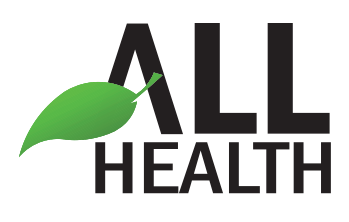


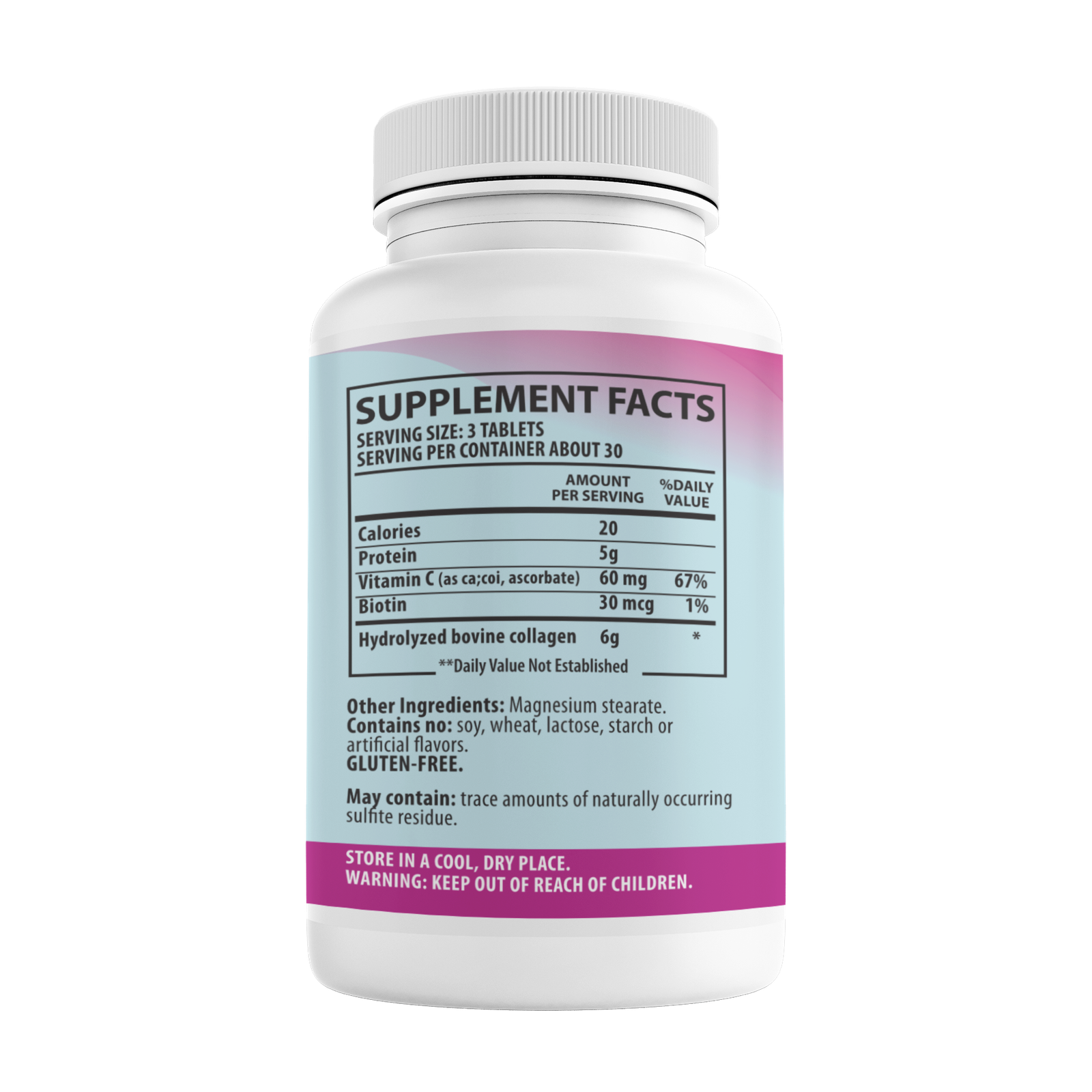

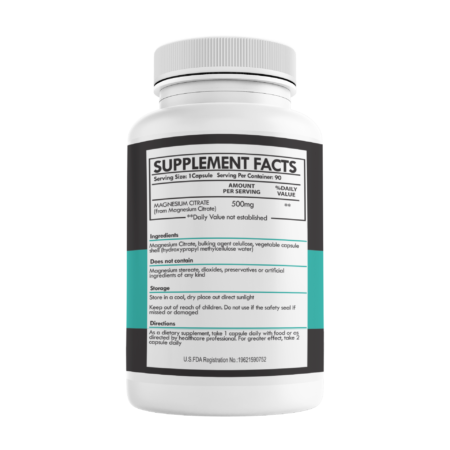
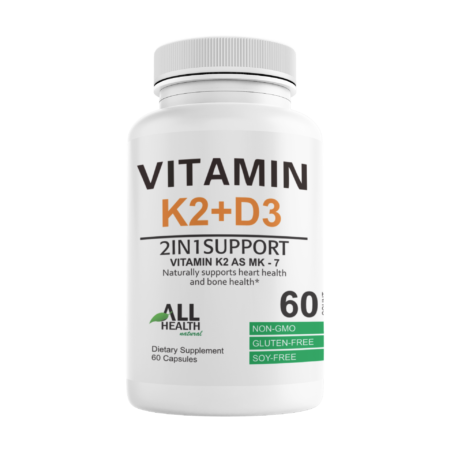
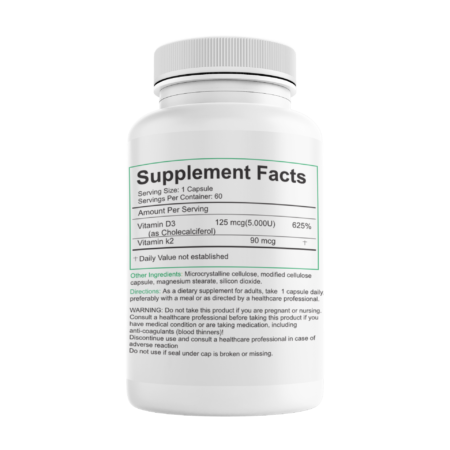

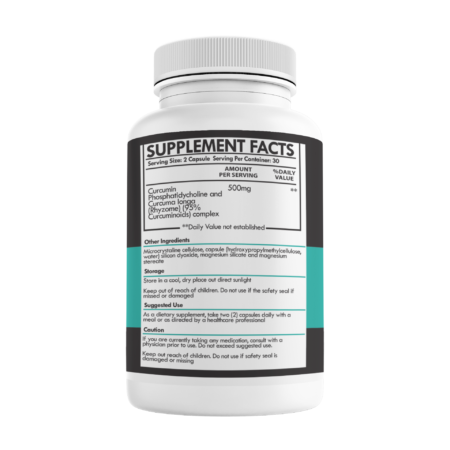
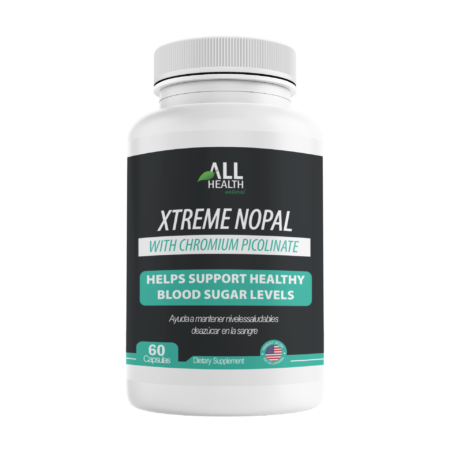

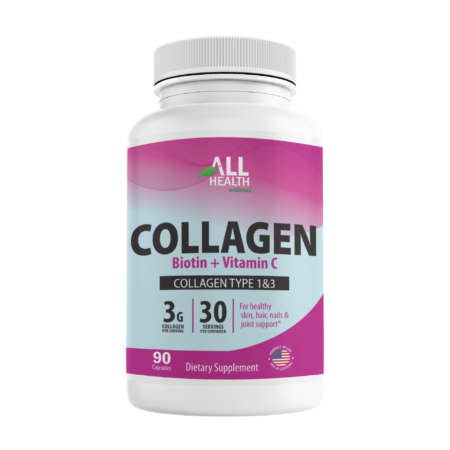
Valoraciones
No hay valoraciones aún.